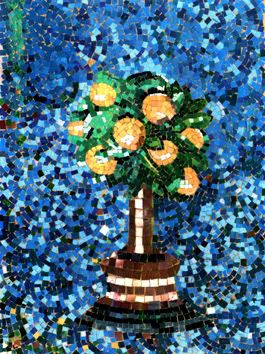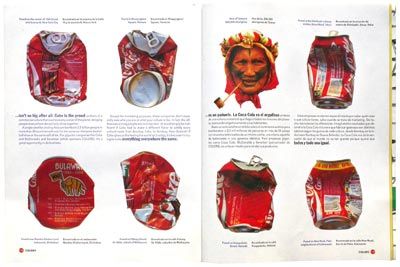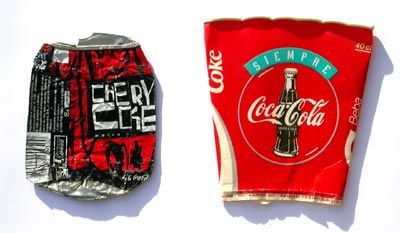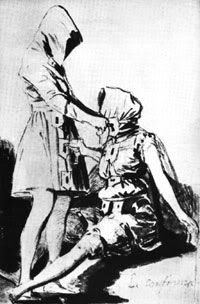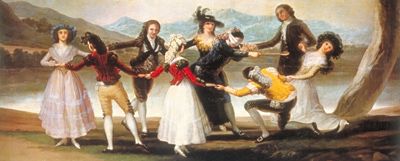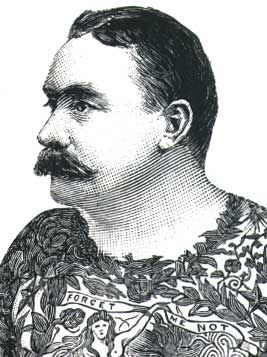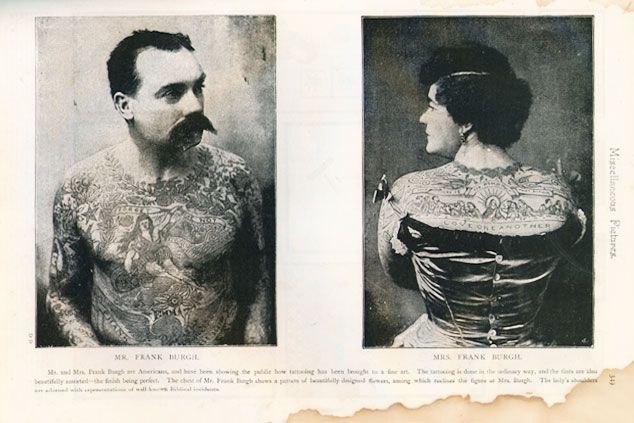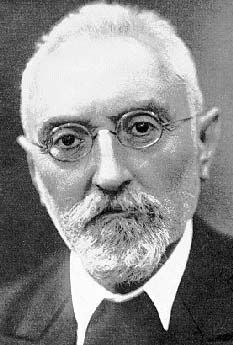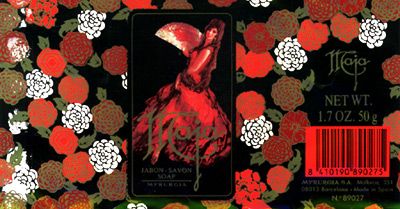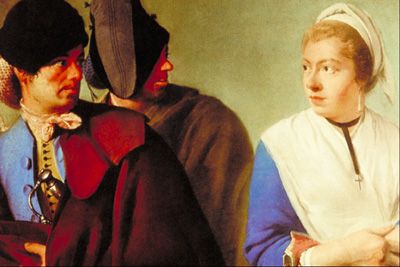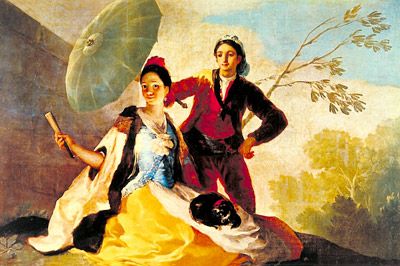
On an earlier post I quoted from Lorca's essay, 'Theory and Function of the Duende'. This was a speech, first given by Lorca in Havana in 1933. It is translated in the 1959 Penguin anthology of Lorca by Joan Gili.
Here's a link to the
text in English (though this is not Gili's translation).
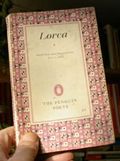
The poet Ted Hughes first discovered Lorca's works in Gili's 'admirable anthology'. He considered Lorca's 'Theory and Function of the Duende' the 'unsurpassed articulation of the possibilities of Theatre'. (Hughes' version of Blood Wedding, which premiered in London in 1996, is described as one of the most
intense dramatisations of the work by Lorca in any language.)
I first came across Lorca, too, in this Penguin edition, and noticed Gili's translation of 'nardos', a word Lorca uses a lot ('
the ubiquitous nardo'). Gili translates 'nardos' as 'tuberoses', and it seemed a reasonable word to find in a surrealist's poem, given the tuberous shapes in some of Dali's paintings.
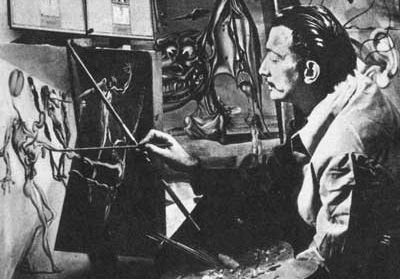 Some of Lorca's 'nardos':
Some of Lorca's 'nardos':From Malagueña:
Y hay un olor a sal
y a sangre de hembra
en nardos febriles
de la marina.
translated by Gili: And there is a smell of salt and woman's blood in the feverish tuberoses of the sea-shore.
From Serenata:
La noche canta desnuda
sobre los puentos de marzo.
Lolita lava su cuerpo
con agua salobre y nardos.
by Gili: The night sings above the bridges of March. Lolita bathes her body with salt water and tuberoses.
From La Aurora:
La aurora de Nueva York gime
por las inmensas escaleras
buscando entre las aristas
nardos de angustia dibujada.
by Gili: New York's daybreak moans along the immense stairways, seeking between ledges tuberoses of delineated anguish.

From Gili's translation, I had an image of Lorca's 'tuberose' as something tuberous; even, in the context of his 'sea-shore' and 'bathes her body', something like a 'loofa'. I perceived it as like the shapes in this letter M; and later (with different graphics software) as these trumpet-shaped plant-like forms:
 'Tuberose'
'Tuberose' is, in fact, the given common name for Polyanthes tuberosa. This is what English-speaking horticulturists call it.
Chambers Dictionary gives 'tuberose' as meaning 'tuberous'; but goes on to say, "often, by false association with tube and rose, a Mexican amaryllid (Polyanthes tuberosa) grown for its fragrant creamy-white flowers, propagated by tubers" (?)
Larousse Diccionario Moderno gives 'nardo' as 'nard, spikenard'; though this is defined as Nardostachys jatamans, not Polyanthes tuberosa. The
Weekly Wire notes a translation of 'Poet in New York' in which nardo is translated as "spikenard".
Collins Paperback Spanish Dictionary gives 'nardo' as 'lily'.
Real Academia Española Dictionary gives 'nardo' as 'Planta de la familia de las Liliáceas'.
MeaningFrom Las Flores en La Poesía Española: "Lorca emplea nardos, claveles y rosas para simbolizar la blancura y el contraste con la sangre." (Lorca uses 'nardos', carnations and roses to symbolize whiteness in contrast with blood.)
In the
language of flowers, popular in Victorian Times, 'Tuberose' appears, signifying 'dangerous pleasures'.
As the 'nardo' is a member of the lily family, perhaps, to English ears at any rate, a translation of 'nardos' as 'lilies', would have better conveyed Lorca's meaning.
Liz Henry, a literary translator,
discusses 'nardo' on her blog. She considers its use in poetry in a context of a sexy, morbid, funereal splendor and perhaps of a heavy overpowering incense. She offers 'scented lily', 'costly balm', 'myrrh' and 'fragrant valerian' as possibilities.
Polyanthes tuberosaI couldn't get a picture of an actual tuberose without paying $79.95, so here's a link to that
beautiful picture. (Some of the keywords attached to this image are: fragrant flower, polyanthus lily, mexican flower.)
There are some
lovely comments made about the plant, including: 'It is a unique flower - possibly the one which is used in every sphere of the Indian - Hindu life'; 'The Flowers of this plant blossom in the night and should you happen to pass by this plant in the night you will be engulfed by its sweet smell'; 'I have never smelled anything so romantic or captivating';
'
The Tuberose (polianthes tuberosa), is a flower that is both mythical and magical, its nectar said by some to have special powers and its scent magical to all who experience it'.
At the time of the Spanish conquest, Polianthes tuberosa was already entirely domesticated by the indigenous civilizations of Mexico who used the essential oil of the plant to flavor chocolate.
(mmm!)About the plant: in
Spanish, in
English.
Good sites on Lorca: in
Spanish, in
English.
A pdf on the
difficulties of translating Lorca.
More on Ted Hughes.
In Argentina
nardos are eaten - and, from the recipe, do seem to be something tuberous!
 Un trozo de "La entrevista perdida" de Bruce Lee (1971) en este anuncio para el X3 de BMW:
Un trozo de "La entrevista perdida" de Bruce Lee (1971) en este anuncio para el X3 de BMW: 









